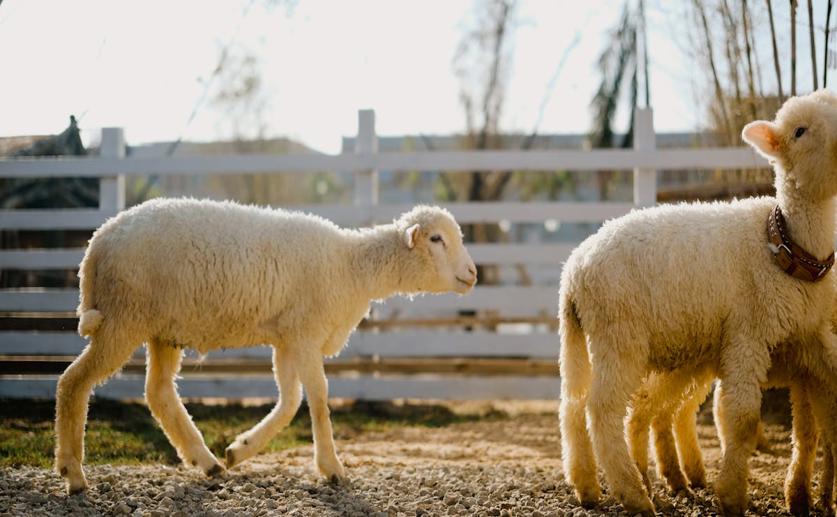
Impact of Acacia Tannin Supplements on Lamb Meat Quality and Carcass Traits
Jenn Hoskins
11th August, 2024

Key Findings
- The study took place at the University of Pretoria and investigated the effects of Acacia mearnsii tannin extract on lambs
- Feeding lambs with Acacia mearnsii tannin extract did not negatively impact carcass weight or meat quality
- The tannin extract improved meat tenderness and sensory attributes while reducing methane emissions from the lambs
References
Main Study
1) Effects of dietary supplementation with Acaciamearnsii tannin extract on carcass characteristics and meat quality of lambs
Published 10th August, 2024
https://doi.org/10.1186/s43170-024-00253-y
Related Studies
2) Gas Production, Digestibility and Efficacy of Stored or Fresh Plant Extracts to Reduce Methane Production on Different Substrates.
3) Meta-analysis quantifying the potential of dietary additives and rumen modifiers for methane mitigation in ruminant production systems.
4) Influence of yeast on rumen fermentation, growth performance and quality of products in ruminants: A review.



 7th July, 2024 | Greg Howard
7th July, 2024 | Greg Howard